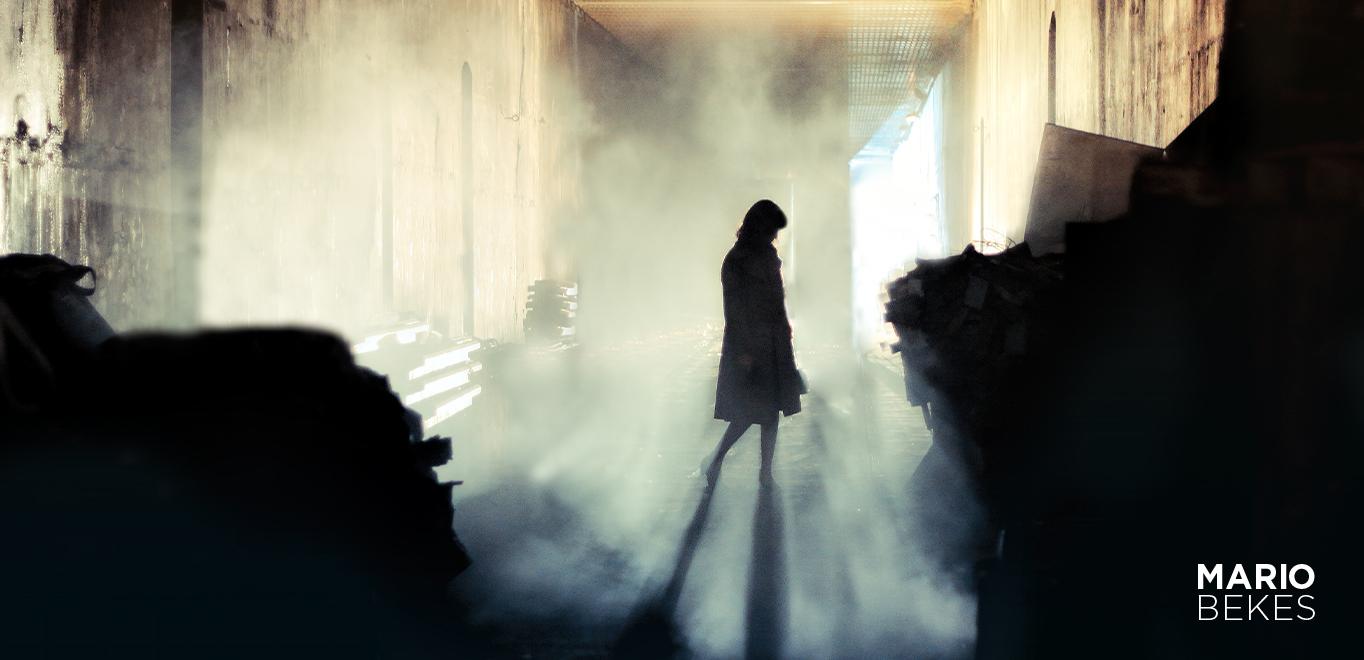Record Your Own High Quality Podcast

Ana Belen Montes, a former US military intelligence specialist convicted of espionage for Cuba more than 20 years ago, was released on January 6 from a federal prison in Fort Worth, Texas.
The FBI caught Montes just ten days after the terrorist attacks in the United States on September 11, 2001. Despite the fact that her detention had nothing to do with terrorist acts, it was nonetheless important to protect the nation at a critical juncture in its history.
Montes, however, was more than simply a Cuban spy; she was also “one of the most destructive agents in US history.”
Montes, a senior analyst at the Defence Intelligence Agency- DIA, was discovered to be spying for the Cubans from within the US intelligence establishment.
Furthermore, according to the FBI’s website, the agency was supposed to receive access to classified information about the US’s upcoming invasion of Afghanistan the next month a few days later.
Anna was born in 1957 in Nuremberg, Germany, where her father was stationed. He later moved to Topeka, Kansas, where she grew up. The Montes family hails from Puerto Rico.
Anna’s father worked in mental health and understood the value of a loving home, yet he spanked the kids frequently. Later, CIA officials stated that Anna became “anti-authoritarian” as a result of this type of abuse, which led her to turn against her country.
Another aspect was Anna’s disdain of US foreign policy. She placed Che Guevara posters in her bedroom as a teenager since she was a staunch believer in the Cuban revolution’s principles.
Then, while studying in Spain for a year, she was persuaded by an Argentinean boyfriend that the US military frequently meddled in his country’s politics as well as those of Nicaragua, El Salvador, and Chile, where he claimed the US had supported a coup by the murderous right-wing Augusto Pinochet.
According to the FBI, her career in intelligence began as a conventional recruiting story. In 1984, Montes worked as a secretary at the Department of Justice in Washington.
“Anna had access to a virtually limitless number of secrets prepared by the American intelligence unit.”
Ana, the DIA’s senior Cuban analyst, was well-known across the US intelligence community for her abilities. Few knew, however, how proficient she had become in passing top-secret US military intelligence to Cuban officials.
She repeatedly expressed her dissatisfaction with the US government’s policy to Central America.
Soon after, Cuban “officials” became interested in her perspective, believing she would support their cause. She apparently met with them once and quickly agreed to help Cuba.
She applied to the DIA, a vital organisation that generates intelligence for the Pentagon, because she knew she needed a job in the intelligence sector. By the time she started working there in 1985, she was a highly recruited spy.
Ana avoided carrying any paper or electronic work materials to avoid being discovered. Instead, she mentally jotted it down before typing it up on her MacBook at home. She then transferred data to encrypted discs. According to the FBI’s website, she would meet with her supervisor and pass over the discs after receiving coded instructions from the Cubans through short-wave radio.
People have taken note of her views on US foreign policy throughout her career. During her time at the DIA, security authorities were aware of her foreign policy views and were concerned about her access to sensitive information, but they had no reason to assume she was compromised. Even the detector test was passed.
The Cuban Air Force began to decline after shooting down two humanitarian aircraft that had flown into its airspace in 1996. “We blew his balls off,” the Cuban aviator boasted over the radio. President Bill Clinton was “publicly outraged” after three Americans were assassinated. According to the book, Anna left the office the next day after receiving an upsetting personal phone call.
Then, on a whim, a shrewd DIA colleague called Reg Brown, a counterintelligence analyst for Latin America, alerted a security officer that he suspected Montes was being influenced by Cuban intelligence. The official questioned her, but he made no admissions.
To make matters worse, Ana’s close relatives unwittingly turned against her: her sister Lucy worked for the FBI’s Miami field office—a task force tasked with tracking down Cuban spies in South Florida—while her brother Tito and his wife joined the FBI’s Atlanta office.
Furthermore, “there is a mole sitting in an unknown intelligence agency in Washington,” according to her sister’s employment in Florida. The Cubans were known to have paid off the double agent’s $2,000 student loan, he owned a certain kind of Toshiba computer, and he visited Guantanamo Bay in the summer of 1996.
“Anna was completely surrounded”
Through physical, electronic, and covert investigations, the FBI was able to gather evidence against Montes. Her arrest was delayed because investigators wanted to identify her Cuban handler and were expecting a face-to-face meeting between the two.
However, external forces grabbed control of the probe since Montes was scheduled to work on US war plans following the 9/11 attacks. She was detained because the Bureau and DIA did not want this to happen.
What drove her to spy?
Simply ideology.
She simply did not agree with American foreign policy. Most intriguingly, Montes was not paid for leaking classified information; instead, just portion of his expenses were repaid.
Furthermore, Montes showed little regret for her life after her imprisonment, arguing that “espionage always hurts someone.”
Montes admitted to revealing the identities of four US secret intelligence agents working in Cuba. She pleaded guilty in 2002 and was sentenced to 25 years in prison. She served 21 years under decent governance until being released on January 6, this year.